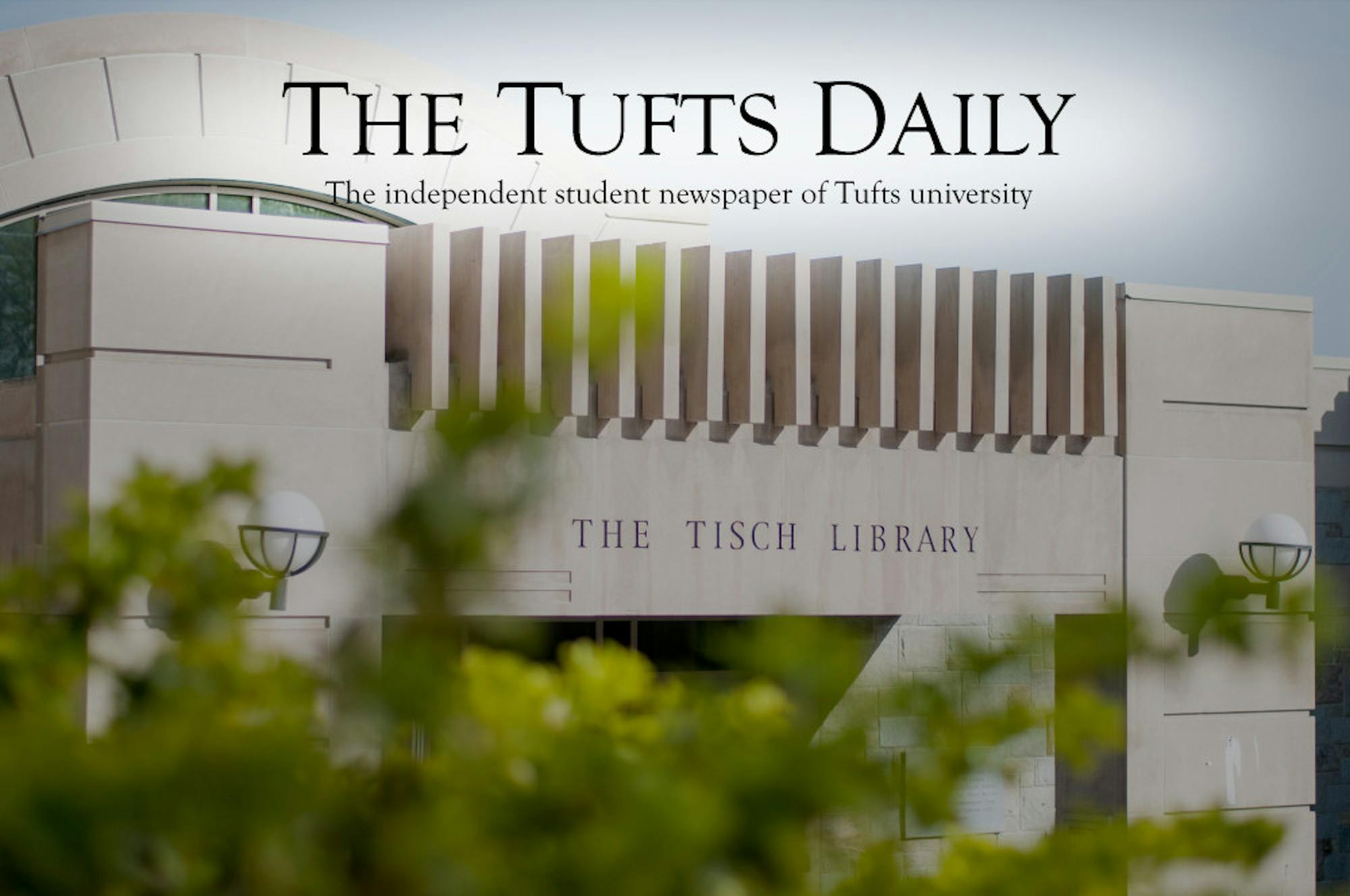In a recent public announcement, Randy Mastro, Gov. Chris Christie's hired attorney, said that the Governor was exonerated of any involvement in the George Washington Bridge scandal that occurred last September, in which lanes of the busiest commuter bridge in the United States were closed, thereby causing massive traffic congestion. This congestion caused so much gridlock that commuters couldn't commute to in New York and students were unable to attend school, among other problems.
It is alleged that Gov. Christie (R -NJ) and members of his immediate staff executed the order to close the bridge to exact political retribution on the Mayor of Fort Lee, the town where one end of the George Washington Bridge is located, because he refused to endorse Christie in his recent re-election campaign. Other media personalities such as Rachel Maddow have questioned whether the Governor was looking to exact political revenge on the Mayor of Fort Lee or his outspoken critic in the State Senate, Democratic State Senator Loretta Weinberg. Officials who closed the bridge tried to defend the closures under the veil of a "traffic study," which was quickly proven to be a false claim. These allegations sparked the ongoing investigation of the State Assembly and the US Attorney's office in New Jersey into the office of Gov. Christie. Their investigations have reviewed thousands of documents and discovered a slew of strange memos and relationships within the Governor's office.
If there's one legacy that has remained in the state of New Jersey throughout the decades, it has been a series of shady politics. Seriously, watch "The Sopranos" (1999-2007), "Boardwalk Empire" (2010-present) or "American Hustle" (2013), and you'll be reminded that New Jersey has long been a cross-section of political machines, organized crime and dark dealings. What makes Gov. Christie unique from past New Jersey corruption investigations is his "hide in plain sight" attitude throughout his executive term. He searches for expedient and often politically questionable solutions to any challenges to his authority.
When an email was uncovered reading "Time for some traffic problems in Fort Lee" Christie swiftly fired his staff members responsible for the email, thinking that people would respect his fast and powerful strike of the executive hammer.
Christie also employed this tactic when the Legislative Committee began its investigation. He spent taxpayer dollars to open his own personal investigation with his personal law firm in the hopes that his quick initiative to find the answer himself would hush his confused and angry constituents. Of course, the report his private law firm produced came as no surprise, finding zero shreds of guilt for Christie even after they "reviewed" thousands of documents. This past week, a Superior Court judge ruled that Bridget Anne Kelly, Christie's chief of staff, and Bill Stepien, a New Jersey Port Authority official and Christie's high school buddy, both key characters in the Bridge scandal, did not have to release any documents to the State Assembly Legislative Committee in protection of their 5th Amendment right against self-incrimination. The Governor may view this ruling as a victory, seeing as fewer incriminating documents need to be released, but it won't stop the investigations until the truth is uncovered.
The Governor is well known across the state for silencing those who challenge his viewpoint, whether he ignores public discontent or quickly labels his dissenters, be they citizens or legislators, as "idiots" or other derogatory terms. Though he no longer serves as the US Attorney for New Jersey, his prosecutorial character has never left him when addressing his political opponents. They are the defendants, and he presents the case that they are, without a reasonable doubt, wrong. In another abuse of taxpayer dollars, Christie spent $24 million this past summer to hold two special elections for one of New Jersey's US Senate seats. His motivation for such an expense was to divide his gubernatorial election from the special Senate election where popular Democratic contender Cory Booker would have posed a threat to the Governor's vote count if the elections were held on the same day. He enacted his privilege through a haze of executive powers listed in the Constitution and state law to guarantee his own re-election in a majority Democratic state.
Christie has exerted a dangerous control over the state's courts by instilling an aura of fear. Judges are afraid of making too "liberal" rulings in fear of being called out and potentially removed from the bench in place of a more favorably conservative judge appointed by Christie. This is also part of the reason why there is a surprising number of vacancies for judges throughout the state.
Whether or not Christie himself was behind the order to close the George Washington Bridge is unclear. What is clear is his absolute neglect of his appointees and staff and his willingness to control the state's attention through his political bullying and quick fixes. Even if he were 100 percent uninvolved in the process of communication, which is highly unlikely, this scandal would mark a huge inconsistency with his micro-management style of governance. Former Governor of Pennsylvania Ed Rendell (D-Penn.) has publicly commented that Christie must run a reckless and opaque office to have his own chief of staff and other employees execute retribution of this scale without his knowledge or approval. Rendell says, "There is no way that eight people in my administration would be part of something and I wouldn't know about. There is no way they would dare do something like this without getting clearance from me."12






